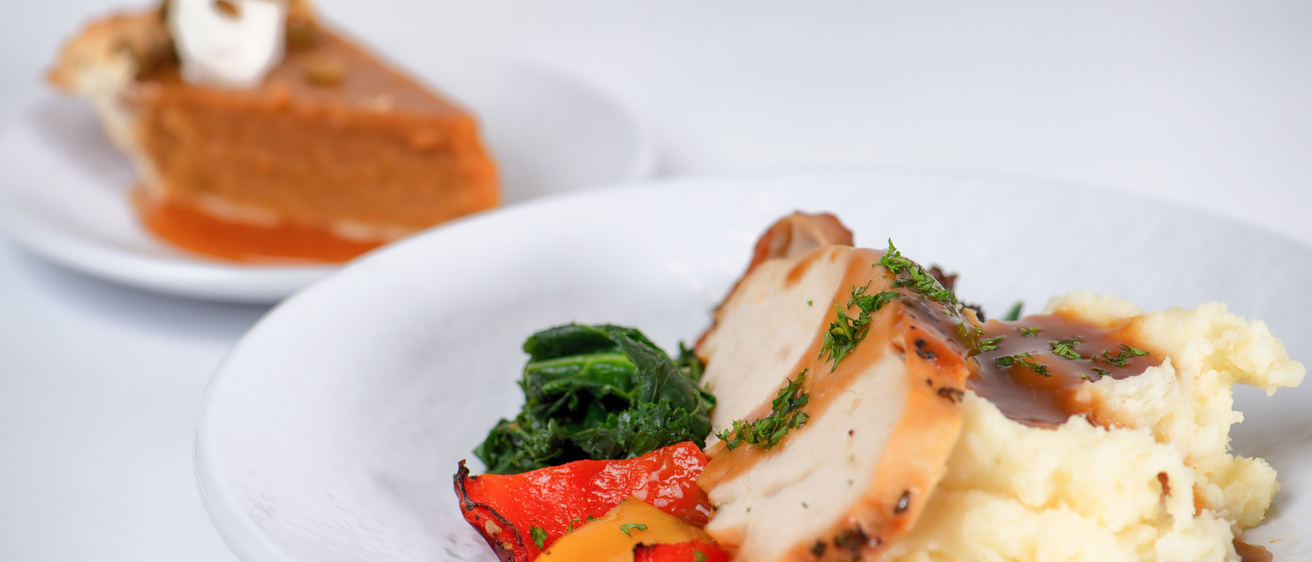Thanksgiving is a time for cherished annual traditions like gathering for a big meal with friends and family.
But the guest no one wants at the dinner table is a respiratory virus like the flu, COVID-19, or RSV.
As we reach the height of respiratory virus season, here’s what you need to know to keep you and your loved ones safe during Thanksgiving.
Are cases rising?
Yes. Flu cases across the U.S. have increased exponentially in recent weeks, and the number will only continue to grow as people come together for the holiday season.
Respiratory viruses thrive when people are indoors during the colder months. While temperatures continue to drop and gatherings indoors continue to increase, cases will continue to grow.
Nobody wants to miss out on the holiday fun because of an illness. Get vaccinated against the flu and COVID-19 to make sure you’re at the dinner table on Thanksgiving.
Is it too late to get vaccinated?
No! Getting vaccinated against the flu and COVID-19 is the best way to keep you and your loved ones safe during Thanksgiving.
It’s best to get vaccinated as soon as possible, since the peak of respiratory virus season continues to get closer, and cases continue to increase.
It’s quick and easy for employees and volunteers to receive their flu vaccination from the University Employee Health Clinic (UEHC) from 7 a.m. to 5 p.m. Monday through Friday.
Protect loved ones who are more at risk
Family gatherings for Thanksgiving mean hugs and kisses for grandparents and toddlers. Unfortunately, young children and people older than 60 have a higher risk of severe illness from respiratory viruses.
Getting vaccinated not only protects yourself, but it helps limit the spread of the virus to those vulnerable populations as well.
Taking other precautions like washing your hands frequently, keeping surfaces disinfected, and limiting the sharing of cups or utensils can also help keep those loved ones safe.
